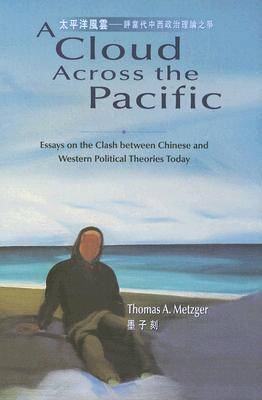This book uncovers the basic contradictions between contemporary China's complex ideological marketplace and Western liberalism. It describes and puts into critical context three versions of Western liberalism (those of F.A. Hayek, John Rawls, and John Dunn), three versions of Chinese liberalism (those of Yang Kuo-shu, Li Qiang, and Ambrose Y.C. King), two versions of modern Confucian humanism (those of T'ang Chun-i, and Henry K.H. Woo), and various versions of Chinese Marxism, including Kao Li-k'o's in the early 1990s and some of the recent New Left writings. It shows that all these Chinese political theories, not only Chinese Marxism, depend on a number of premises at odds with Western liberalism, especially epistemological optimism and an extravagantly optimistic concept of political practicability. It also argues that not only these Chinese theories but also Western liberalism have failed to offer adequate normative guidelines for the improvement of political life. This study uniquely combines a deep understanding of the history of Chinese thought with a strong grasp of modern philosophical trends and an innovative methodology for the description and criticism of political theories. It will be useful to students of modern Chinese intellectual history, of political philosophy, of political culture, of the comparative study of cultures, and of U.S.-Chinese relations.
- ISBN10 9629961229
- ISBN13 9789629961220
- Publish Date 30 March 2006
- Publish Status Active
- Publish Country HK
- Imprint The Chinese University Press
- Format Hardcover
- Pages 844
- Language English
- URL http://wiley.com/remtitle.cgi?isbn=9789629961220
